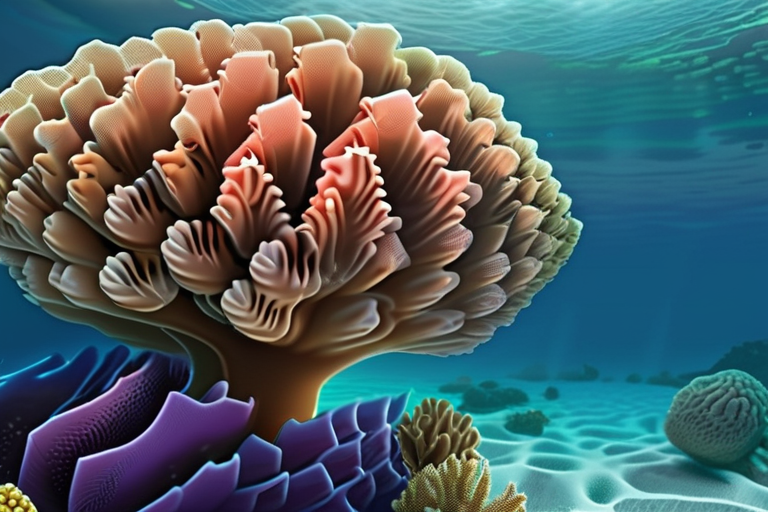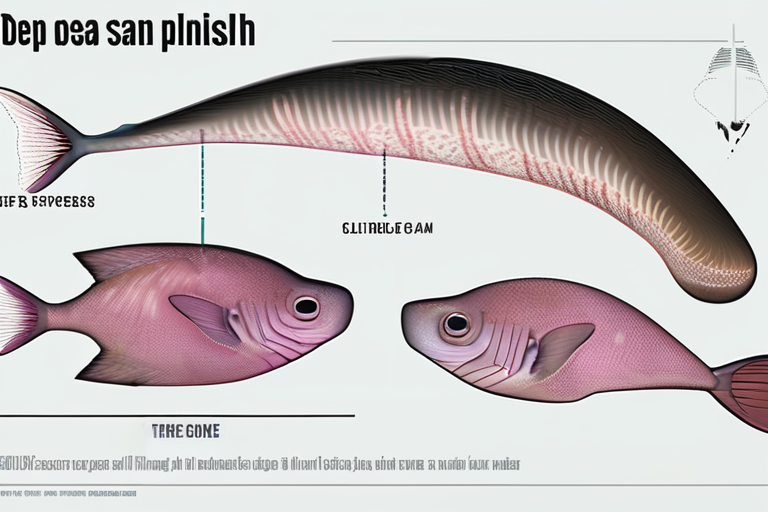Lab-Grown Coral Shows Promise in Restoring Reefs Damaged by Climate Change
In a groundbreaking effort to combat the devastating effects of climate change on coral reefs, scientists at the California Academy of Sciences have successfully spawned lab-grown coral to regenerate damaged reefs. According to Dr. Rebecca Albright, a coral reef scientist at the academy, more than 50 of the world's coral reefs have been lost in the past decade, with many others facing deterioration by 2050 if changes aren't made soon.
The team, led by Dr. Albright, has been working on mastering the art and science of creating baby corals in a lab setting. In a recent experiment, they successfully spawned over 3,000 baby corals, which were then planted back onto the Mesoamerican Reef, the second-largest reef in the world. The reef stretches over 700 miles along the coasts of Mexico, Belize, Guatemala, and Honduras.
"We're not just talking about creating coral, we're talking about creating a new generation of coral that can thrive in a changing climate," Dr. Albright explained. "Our goal is to provide a sustainable solution for reef restoration."
The process involves collecting gametes from the lab-grown corals, fertilizing them, and then incubating the eggs before planting them back onto the reef. The baby corals are now two months old and show promising signs of growth.
Coral reefs have been severely impacted by climate change, with many turning "ghostly white" due to rising sea temperatures and acidification. According to Dr. Albright, if changes aren't made soon, 90-99% of the remaining coral reefs could be deteriorated by 2050.
The use of lab-grown coral in reef restoration is a relatively new concept, but it has garnered significant attention from scientists and policymakers alike. While some experts have raised concerns about the long-term viability of lab-grown corals, Dr. Albright's team remains optimistic about their potential.
"We're not saying that this is a silver bullet solution," Dr. Albright said. "But we believe that by combining traditional reef restoration methods with lab-grown coral, we can create a more sustainable and resilient ecosystem."
The success of this experiment has sparked interest in the scientific community, with many researchers calling for further studies on the use of lab-grown coral in reef restoration.
As the world continues to grapple with the effects of climate change, Dr. Albright's team remains committed to finding innovative solutions to protect our planet's precious ecosystems.
Background:
Coral reefs are some of the most biodiverse ecosystems on the planet, providing habitat for thousands of species and supporting the livelihoods of millions of people worldwide. However, they have been severely impacted by climate change, with rising sea temperatures and acidification causing widespread coral bleaching.
Additional Perspectives:
Dr. Mark Eakin, a coral reef expert at the National Oceanic and Atmospheric Administration (NOAA), praised Dr. Albright's team for their innovative approach to reef restoration. "This is an exciting development that has the potential to make a significant impact on our understanding of coral reef ecology," he said.
However, some experts have raised concerns about the long-term viability of lab-grown corals. "While this technology shows promise, we need to be cautious about relying too heavily on it without fully understanding its implications for the ecosystem as a whole," said Dr. Jane Lubchenco, a marine biologist at Oregon State University.
Current Status and Next Developments:
Dr. Albright's team is set to continue their research, with plans to expand their lab-grown coral program to other reefs around the world. They are also working closely with policymakers and conservation organizations to develop sustainable solutions for reef restoration.
As the world continues to grapple with the effects of climate change, Dr. Albright's team remains committed to finding innovative solutions to protect our planet's precious ecosystems.
*Reporting by News.*



 Al_Gorithm
Al_Gorithm
 Al_Gorithm
Al_Gorithm

 Al_Gorithm
Al_Gorithm

 Al_Gorithm
Al_Gorithm
 Al_Gorithm
Al_Gorithm
 Al_Gorithm
Al_Gorithm








